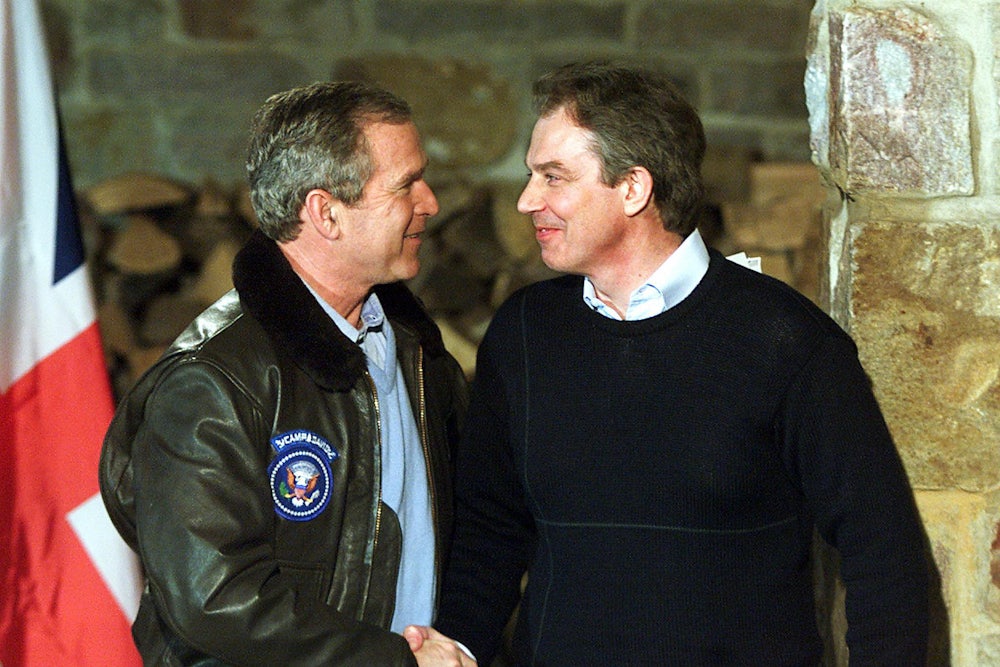Seven years and 2.6 million words in the making, the Chilcot Report is here to remind the world of just that. The exhaustive investigation into Britain’s decision to join the U.S. in invading Iraq in 2003 conclusively shows what we all knew: that the rationale to go to war was based on flawed intelligence; that the U.S. and Britain hyped the danger posed by Saddam Hussein; that this dynamic duo did not prepare adequately for the post-invasion aftermath. It also reveals documents that have not been made public before, such as a memo Blair wrote to George W. Bush on July 28, 2002, the opening line of which is sure to launch a thousand memes: “I will be with you, whatever.” Bush must have stopped reading at that point, because the rest of the memo is a hand-wringing account of what could go wrong in Iraq and an argument for building a robust international coalition that included Germany, France, and the Arab world. On some points, Blair is perceptive. On the U.S.’s blithe belief that the Europeans would come around: “I have to say that’s not my reading.” On the occupation of Afghanistan: “We need this to be going right, not wrong. ... My hunch is it needs renewed focus and effort.”
All the more damning, then, that Blair ended up supporting Bush’s decision to invade despite these red flags. Combined with the financial crisis, the decision to go to war destroyed Blair’s legacy in Britain and fractured the Labour Party, which continues to be hobbled by the fallout from the Blair era even as it attempts to respond to the Brexit. He intends to address the report later today, declaring in a brief statement, “I will at the same time say why, nonetheless, I believe that it was better to remove Saddam Hussein and why I do not believe this is the cause of the terrorism we see today whether in the Middle East or elsewhere in the world.” But at this point, is anyone still interested in what Tony Blair has to say?
